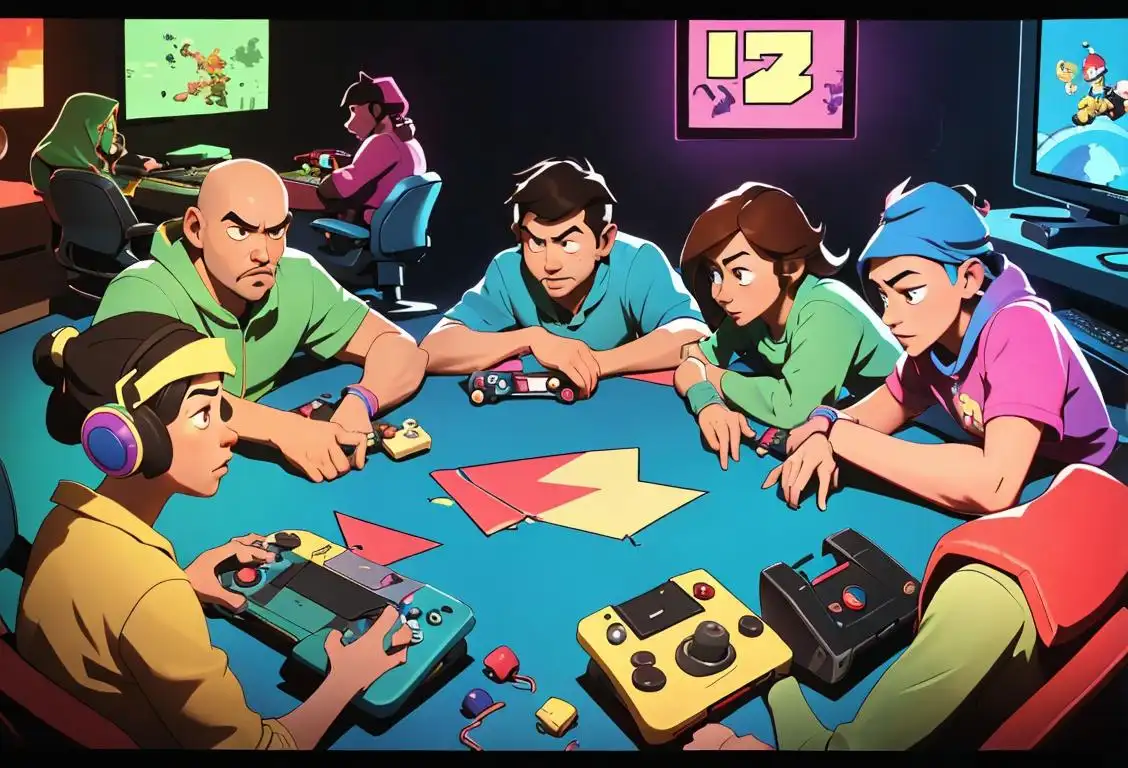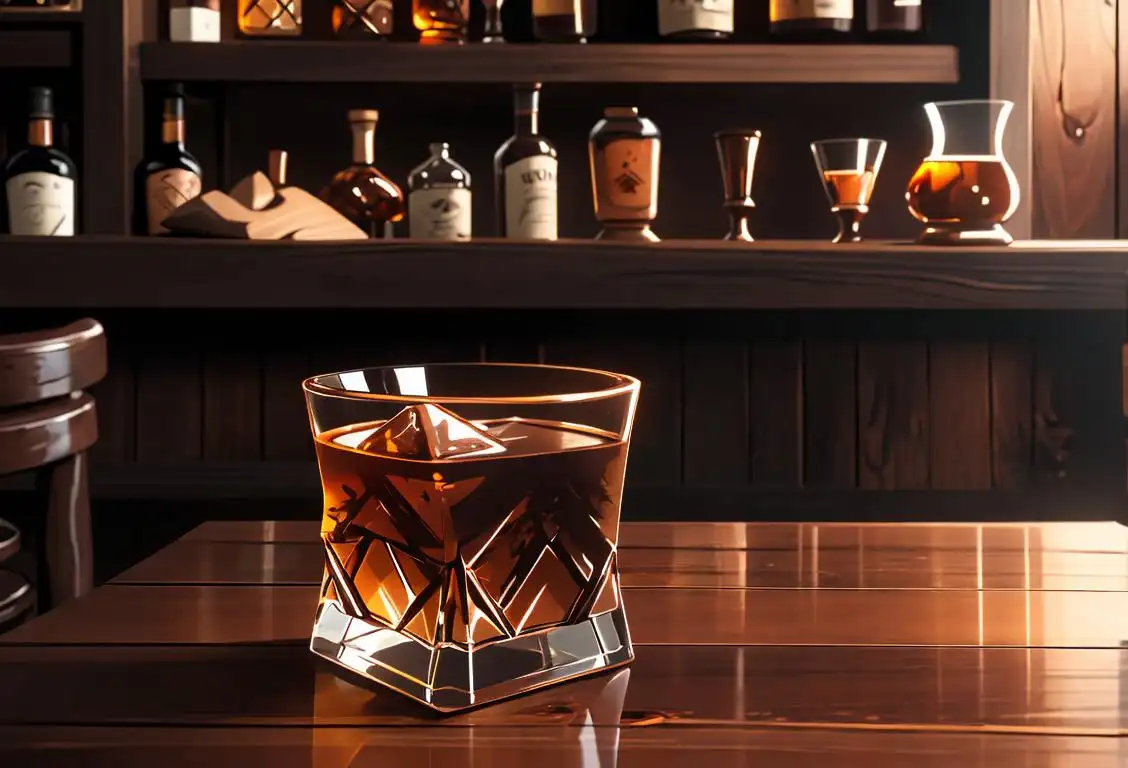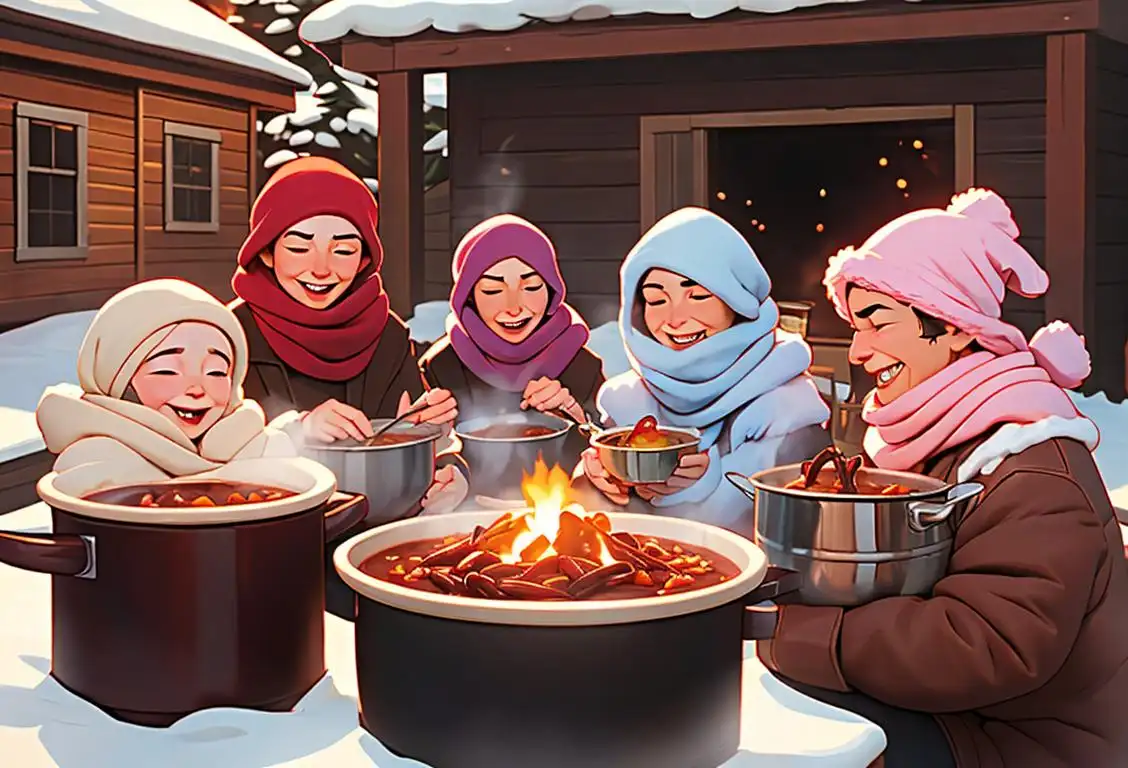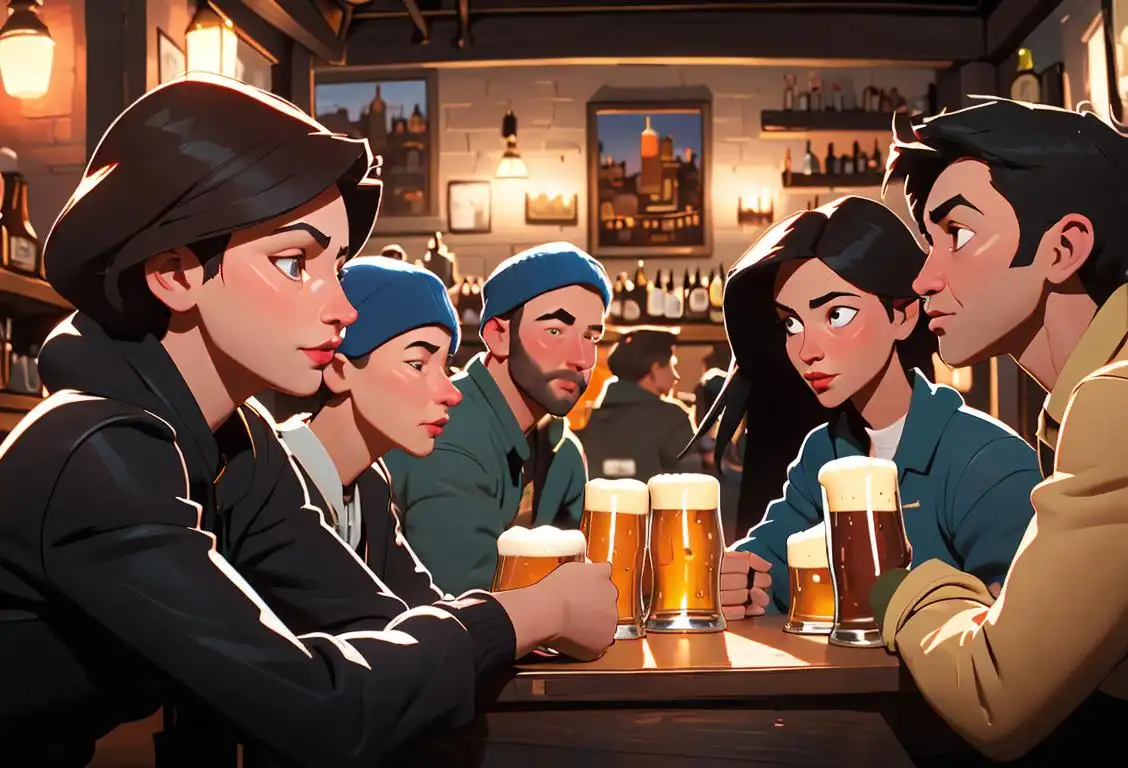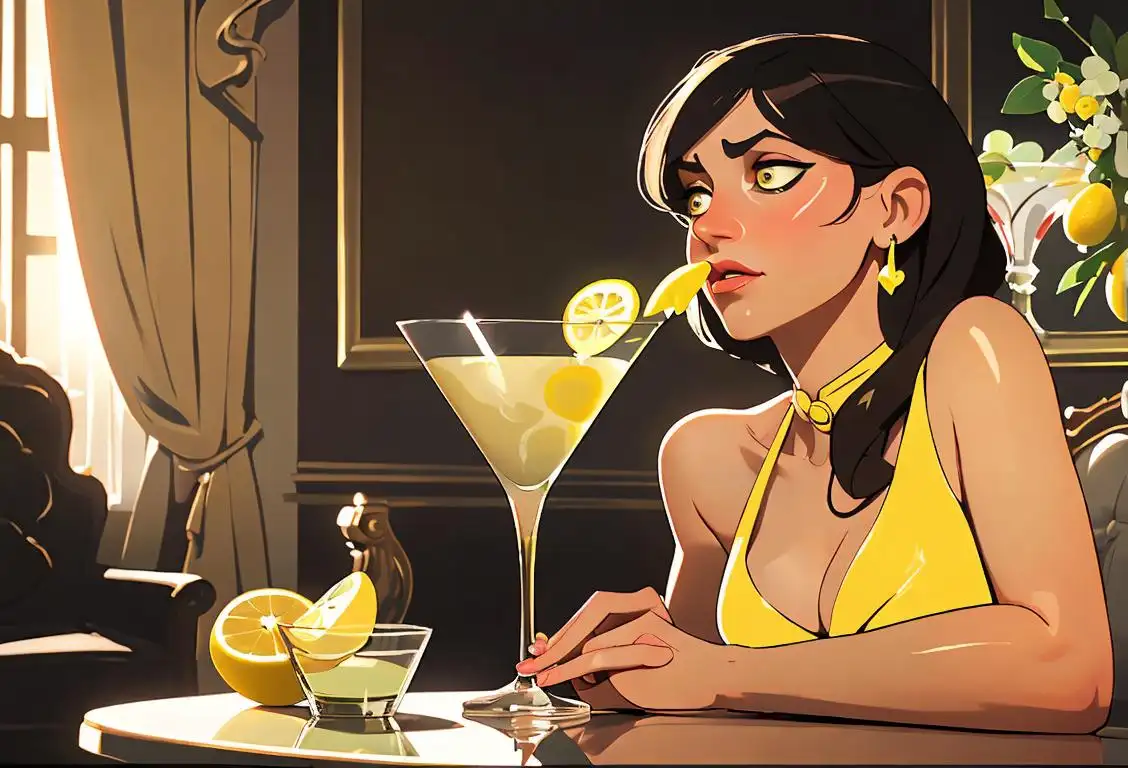National Barber Day
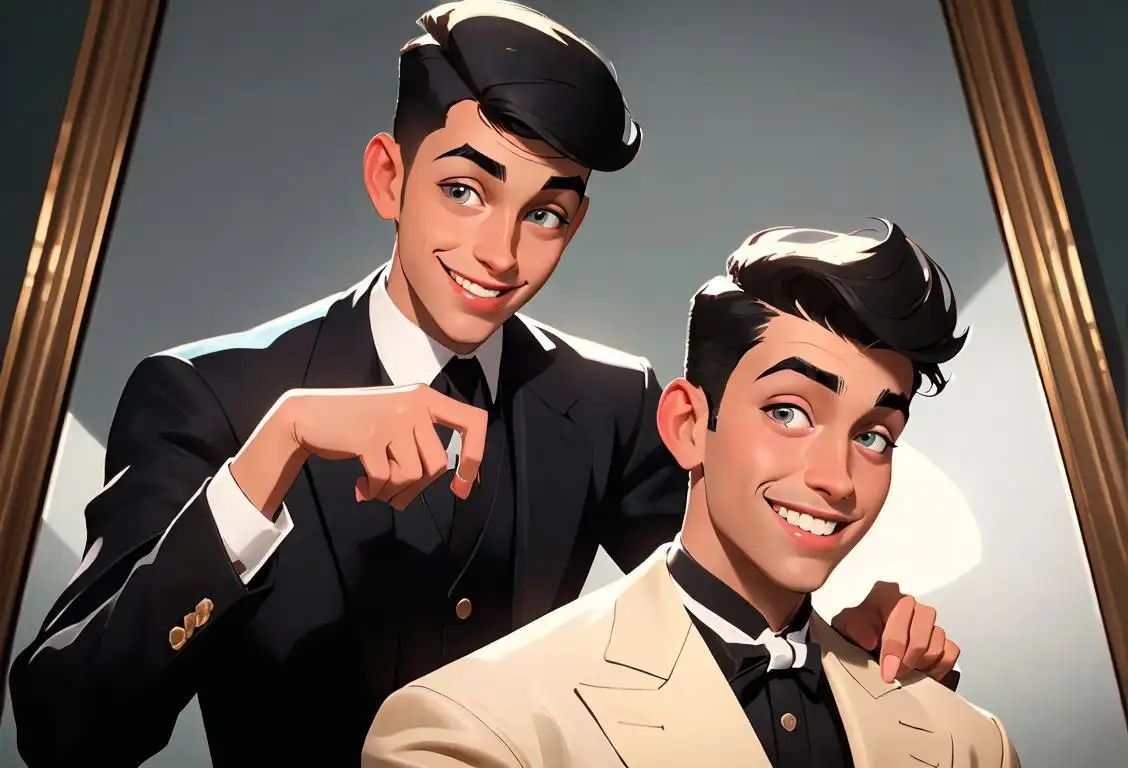
Is there anything quite as refreshing as a clean cut from your favorite barber? Let’s give a big high-five to the masters of the mane, the sultans of shear – because it's National Barber Day! Hold onto your hairnets, folks, for a terrific trip into the world of the folk who keep us all looking spick and span.
When is Barber Day?
It's national barber day on the 12th March.
A Snip in Time: National Barber Day's Internet History
Our careful combing of the internet reveals that our good friend, National Barber Day, is a relatively fresh-faced contender in the world of unofficial national days. Our diligent comb-over finds 11 mentions of this dapper day, with the most buzz being generated on March 12th, 2016. However, it seems that its popularity is growing faster than a mustache in Movember!
A Cut Above: Celebrating National Barber Day
While we don't have an excess of information about this trend-setting day, unlike a bad bowl cut, the ideas of how to celebrate are effortlessly simple. Visit your local barber, give their meticulous magic a shout-out on social media, or, for the brave at heart, attempt to do your own cut! (We advise against the latter - remember, even Sweeney Todd had training). Tip generously and encourage your friends to do the same! After all, these wizards with the scissors not only give us stellar cuts but also provide some therapy with every chop.
It's a Hair-raising History!
The barbering profession is rather ancient. The word 'barber' comes from the Latin 'barba', meaning beard - a testament to their steady hands and shaving skills. Historically, barbers did a whole lot more than just cutting hair. They often performed surgery, tooth extractions, and even blood-letting! Yikes, talk about a full-service salon!
History behind the term 'Barber'
3500 BCE
Ancient Beginnings
The history of the term 'barber' can be traced back to ancient civilizations. In ancient Egypt, barbers were highly regarded and played an important role in society. They not only cut hair but also performed various grooming tasks, such as beard trimming and wig styling. The term 'barber' originated from the Latin word 'barba,' meaning beard. Barbers were considered skilled artisans who used various tools like razors and scissors.
296 BCE
Barber Surgeons of Rome
During the Roman Empire, barbers took on medical responsibilities as well. They were known as 'barber surgeons' and were responsible for performing minor surgeries, bloodletting, and teeth extractions. These barber surgeons were recognized as integral members of the medical community at the time and even had their own guild.
1096 CE
The Barber's Guilds
In the Middle Ages, barbering became a more formalized profession. Barbers formed guilds to regulate the trade and ensure high-quality services. The Barber's Guilds had strict rules and regulations, including apprenticeships and exams to become a licensed barber. These guilds also dictated the symbolic barber pole, which represented their trade. The red and white stripes on the barber pole symbolized bloodletting and bandages.
1745 CE
The Great Barber Surgeon Split
In the 18th century, the distinctions between barbers and surgeons became clearer. Surgeons wanted to separate their profession from barbering, leading to a split. Surgeons formed their own governing body, the Company of Surgeons, which eventually evolved into the Royal College of Surgeons. This separation marked a significant shift in the perception of barbers, as they focused primarily on hair cutting and grooming.
1900 CE
Professionalization and Modern Barbershops
In the early 20th century, barbershops became popular gathering places for men. These establishments offered not only haircuts and shaves but also served as community hubs. Barbershops became social spaces where discussions on sports, politics, and local news took place. The profession of barbering underwent further professionalization, with standardized training and licensing requirements.
Present
Barbering Renaissance
In recent years, there has been a resurgence of interest in traditional barbering techniques and the nostalgic ambiance of old-fashioned barbershops. The term 'barber' continues to hold cultural significance, representing skilled professionals who provide grooming services and foster a sense of community. Barbering has become a form of artistry, with modern barbers incorporating contemporary styles while paying homage to the rich history of their trade.
Did you know?
Did you know that barbers often had a pole outside of their shop? It had a brass basin at the top representing the vessel in which leeches were kept for bloodletting, and red, white, and blue stripes representing bandages— red for blood-soaked, white for clean, and blue, some believe, for veins.Tagged
fun social media celebration history hair barberFirst identified
22nd October 2015Most mentioned on
12th March 2016Total mentions
11Other days
Barber Day
Lasagna Day
Video Game Day
Bourbon Day
Friend Day
Chili Day
Beer Lovers Day
Martini Day
Vodka Day
Umbrella Day

